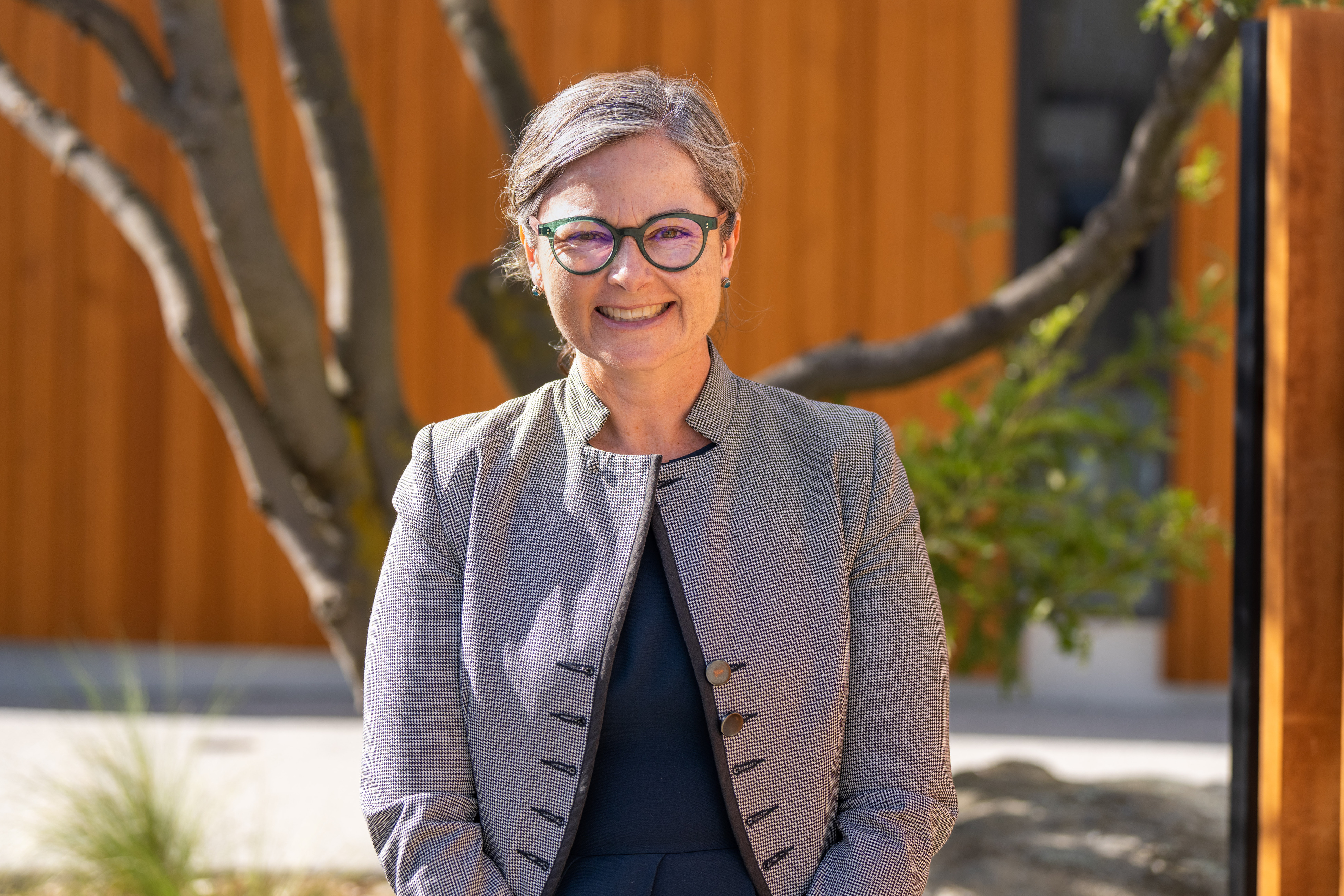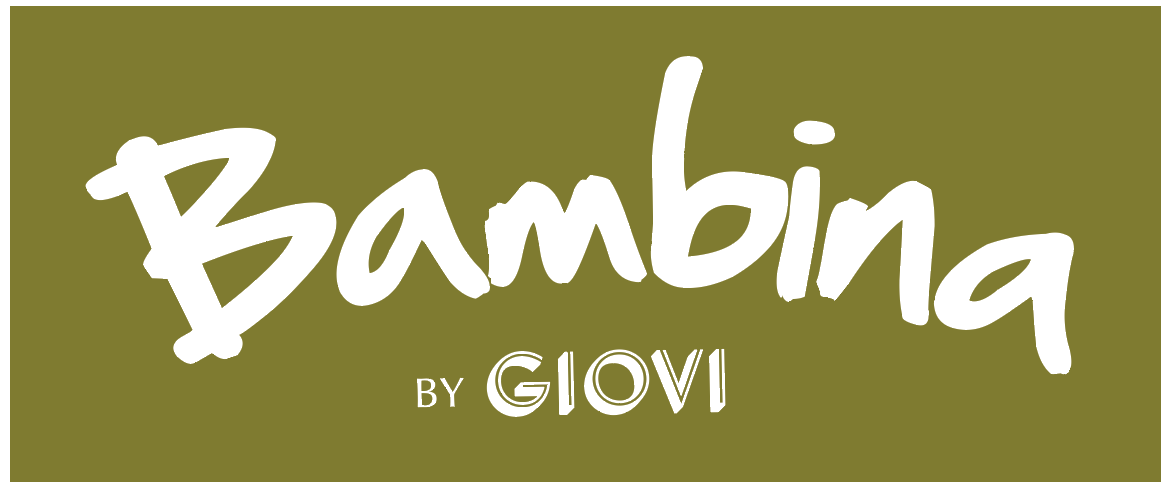MAC principal asks: Who is education for?

24 August 2025, 5:04 PM
 Te Kura o Tititea Mount Aspiring College (MAC) principal Nicola Jacobsen
Te Kura o Tititea Mount Aspiring College (MAC) principal Nicola JacobsenEarlier this month prime minister Christopher Luxon announced plans to replace the National Certificate of Educational Achievement (NCEA) with a new “internationally benchmarked national qualification”.
Under the proposed changes, NCEA level one would be replaced by foundational literacy and numeracy tests, and levels two and three would be replaced by a ‘New Zealand Certificate of Education’ and an ‘Advanced Certificate’.
In levels two and three students would need to take five subjects and pass four to attain their certificate, and marks out of 100 and traditional letter grades like A,B,C and D would be reinstated.
Following the announcement, Te Kura o Tititea Mount Aspiring College (MAC) principal Nicola Jacobsen told the Wānaka App though she was aware changes were coming, she was surprised by the plan to scrap NCEA entirely.
Here, she outlines her experience as a student and educator, and how she feels about the proposed changes.
When I started teaching in 2004, the New Zealand education system was in the process of introducing the NCEA Level 3. As someone who had come through School Certificate, Sixth Form Certificate, and Bursary, I found myself learning about a system that recognised subject content, process, as well as skill development, and rewarded students for what they could show they had learned.
The idea that students could be assessed in different ways (written, presentations, blogs, voice recordings) was revolutionary, and it made absolute sense: a strengths-based approach to assessing a student’s understanding.
An approach that values all learning
More than 20 years on, I believe this strengths-based approach - an approach that values all learning - best supports student learning achievement and wellbeing.
A strengths-based approach means that young people can achieve NCEA in subjects that are meaningful to them and their future pathways, whether that be university, a trade, polytech, or entering the workforce.
NCEA’s choice, flexibility, and wide range of subjects enables young people to be participants, not bystanders, in what they learn and how they demonstrate their learning. It’s an approach that allows students to develop a sense of agency which I never experienced at school.
That NCEA values all learning, whether that learning be academic, practical, vocational, is something no other system does. NCEA rewards students with an ‘Achieved’ to show they understand a topic, skill or process, rather than a ‘C’ which says you ‘just made it’.
Rewarding students with ‘Achieved’, ‘Merit’ and ‘Excellence’ is positive language which supports student wellbeing, essential when this generation of young people is experiencing ever-increasing rates of anxiety and depression.
As a student in the mid 90s I found myself working through a system which had very little to do with what you learned at school and your level of proficiency, and more to do with where you ranked against everyone else. The School Certificate and Sixth Form Certificate were systems where grades were allocated based on where everyone placed, not on what you were able to show you had learned.
An imperfect but valuable framework
I am the first to acknowledge that the NCEA in its current form is not perfect and there is clearly scope for improvement.
Changes to NCEA have been underway since 2018 when a review of the curriculum was introduced to strengthen numeracy and literacy, and better manage student and teacher workload. At that time, teachers were assessing too many things, and students were opting out because there were too many assessments.
The changes to NCEA Level one were a good step towards strengthening numeracy and literacy.
The curriculum refresh also introduced five essential pedagogies — or the five most important things for teachers to do in their classrooms — and for the first time, we had a nationwide focus on what best practice in classrooms looks like. This was needed as there has been inconsistent practice within schools across the motu which has undermined the effectiveness of the NCEA and its requirement for students to have a strong grasp of the foundations of learning.
I am deeply concerned that this best practice, research-based approach, which has shown strong evidence of success, has been left out of recent iterations of the refreshed curriculum, and that its sole focus is now on ‘what to teach’ without the essential foundation of how best to go about teaching the curriculum.
A step back in time
It appears the government’s proposal to replace NCEA with a New Zealand Certificate of Education (NZCE) may see students in Years 12 and 13 selecting from a smaller range of mostly academic subjects.
It may also mean that students can no longer take a range of vocational and academic subjects which they can do now to achieve an NCEA qualification.
Yet, everything we know about how young people develop and mature tells us that how they learn and what they want to learn can change. NCEA is responsive to the way young people develop, giving them flexibility in their choices, rather than locking them into a pathway that may not suit them. Making a choice at Year 12 to be on either an academic or vocational pathway is a pretty hefty decision.
Moving to a new system where there is a hierarchy of knowledge and negative language around achievement is a step back in time. It is not purpose-built for the young people of today who are more aware of what is happening in the world, who are better at critical thinking, and who are more creative problem solvers (as evidenced in the 2022 PISA results) than previous generations.
To move to a qualification that fails to recognise the value of all learning is regressive. I fear that in an effort to promote excellence in student achievement, the government’s proposed changes may have the opposite effect, while also diminishing student wellbeing.
Have your say
The government is seeking feedback from parents, whānau, teachers, and employers on its proposal. Read more about the proposed changes and have your say by completing the online survey here.
PHOTO: MAC






